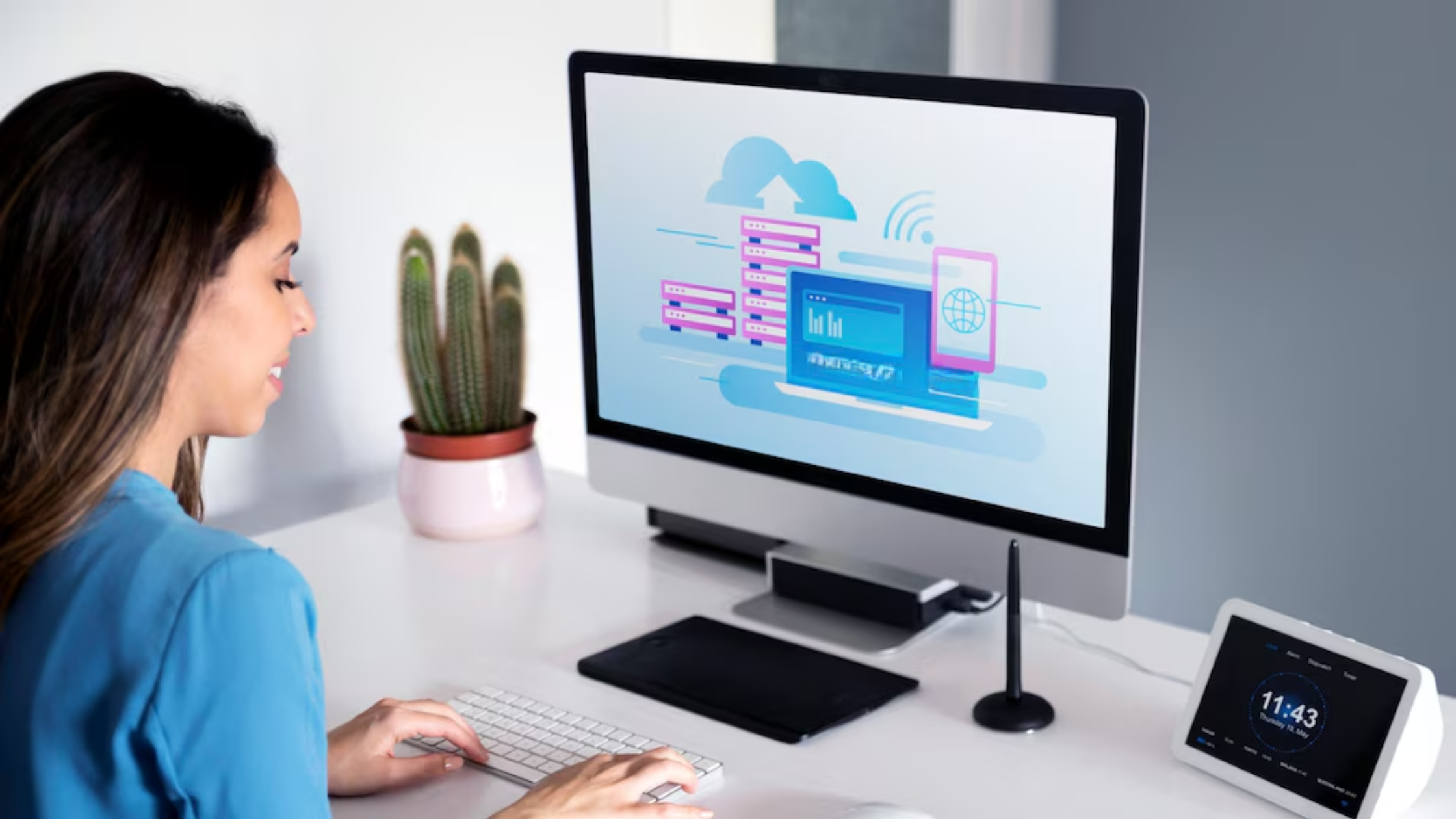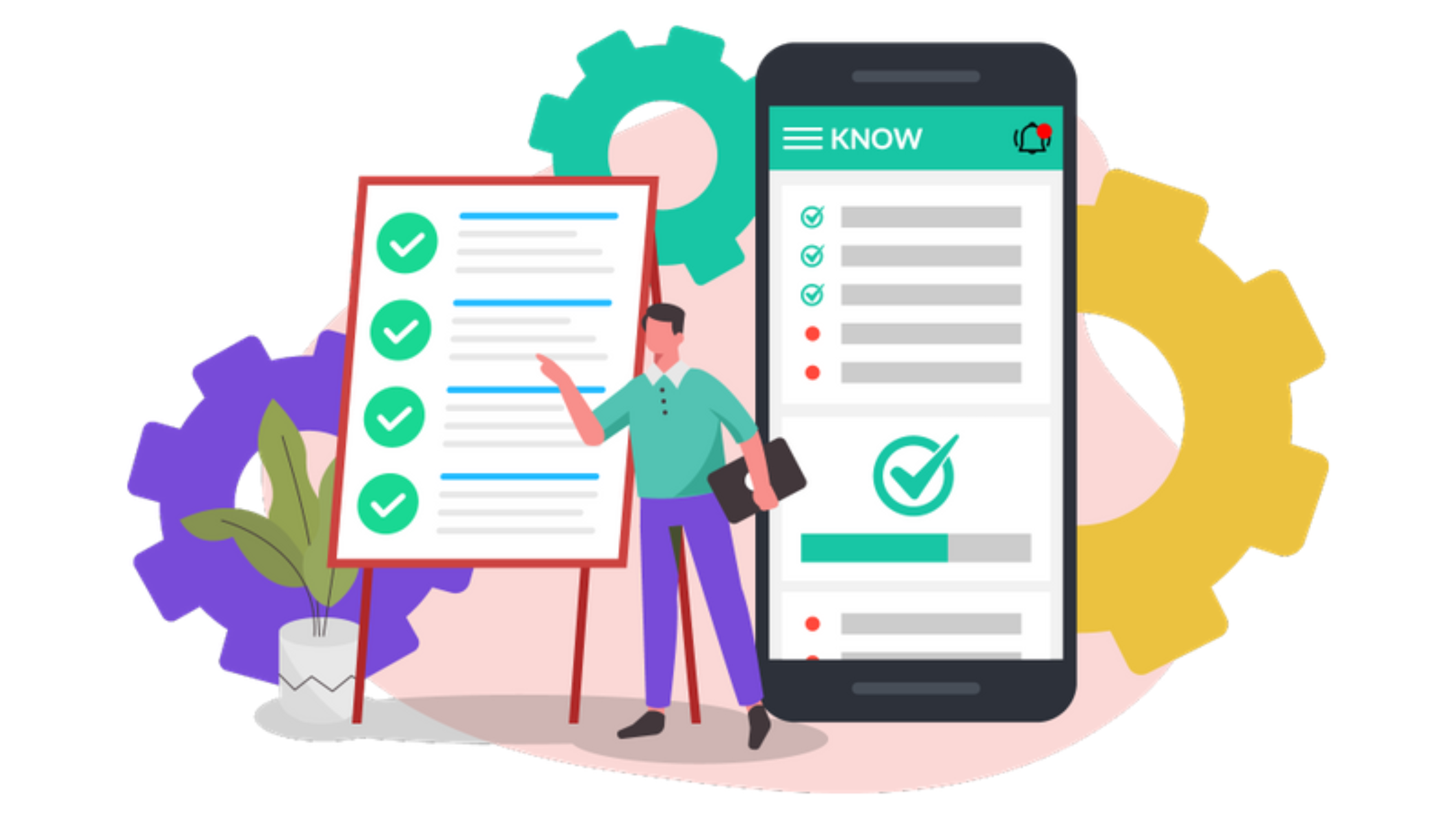Running a restaurant is no small feat. Between managing staff, keeping customers happy, and ensuring the kitchen runs smoothly, the last thing you want is to get bogged down by financial headaches. The right accounting software can be a game-changer, helping you tackle real-life challenges like tracking expenses, managing payroll, and understanding your cash flow. Let’s dive into some of the best restaurant accounting software options available in 2024 that can help you focus on what you do best—serving great food!
So, let’s get started!

Why Do Restaurants Specifically Need Accounting Software?
Restaurants face unique financial challenges due to the nature of their business. These challenges include:
- Complex Inventory Management: Restaurants must monitor goods that are perishable manage ingredient costs, and monitor wastage—all of which can significantly affect income if not handled properly.
- Labor-Intensive Operations: Managing employee schedules, payroll, overtime, and compliance with regional labor laws are time-consuming, particularly for large restaurants with multiple staff members.
- Evolving Regulations: Restaurants must stay compliant with tax, food safety standards, and payroll laws as well.
Accounting software built for restaurants helps simplify these challenges by:
- Centralizing Financial Data: This will offer accurate tracking of sales, costs, and profits, all in one place.
- Automating Processes: From payroll to invoice generation, automation reduces the threat of manual errors and saves valuable time.
- Providing Real-Time Insights: Restaurant owners and managers can make more informed business choices with up-to-date financial information.
- Cloud Based Accounting Software: Cloud based accounting software can be more beneficial than other solutions, as it allows companies to easily store and access their data, no matter where they are located.

How Software Needs Differ for Restaurants?
Some of the best software for restaurant accounting require features to meet the industry’s needs. Here are the key features to look for:
- Recipe Costing: Essential for accurately calculating ingredient costs, establishing menu prices, and profitability that is maintaining.
- Inventory Management: Restaurants must monitor stock levels, expiration dates, and wastage to minimize costs preventing stockouts.
- Employee Scheduling: Managing change schedules, tracking time off, and ensuring compliance with work rules are critical tasks for restaurant supervisors.
- Payroll Processing: Handling payroll taxes, deductions, and bonuses for employees efficiently, while remaining compliant with local tax guidelines.
- Sales Analysis: Tracking consumer preferences, peak times, and sales styles helps restaurants adjust their offerings and boost profitability.
7 Best Restaurant Accounting Software in 2024
Let’s take a closer look at some of the best accounting software for small restaurants as well as large scale food chains in 2024:
1. QuickBooks Online
QuickBooks is a versatile accounting software developed by Intuit, offering robust features for small to medium-sized businesses. It automates invoicing, expense tracking, and bank reconciliation, making financial management straightforward. QuickBooks also integrates with various applications, providing real-time insights into cash flow and sales performance.
- Key Features:
- Inventory management
- Payroll integration
- Sales tracking
- Customizable financial reports
- Pricing: Starts at $30/month
- Integrations: Compatible with restaurant POS systems, known to be a great payroll software for restaurants, as well as manages bank feeds for seamless financial management.
2. Restaurant365 Accounting Software
Restaurant365 is specifically designed for the food service industry, combining accounting with operational tools. It offers features like inventory management, employee scheduling, and real-time financial reporting. This software helps restaurant owners streamline their accounting processes while gaining insights into profitability and operational efficiency.
- Key Features:
- Tools to manage recipe and food costs
- Vendor management and accounts payable tracking
- Payroll processing and labor management
- Pricing: Custom pricing based on features
- Integrations: Integrates with POS systems, payroll software for restaurants, and inventory management tools specific to the restaurant industry.
3. Xero
Xero is a cloud-based accounting solution known for its user-friendly interface and comprehensive features. It allows businesses to manage invoicing, bank reconciliation, and expense tracking seamlessly. Xero also supports collaboration with accountants and integrates with numerous third-party applications, making it ideal for small businesses looking for flexibility.
- Key Features:
- Automated invoicing, billing and other accounting tasks
- Multi-currency capabilities for international restaurants
- Real-time cash flow tracking
- Pricing: Starts at $13/month
- Integrations: POS systems, payroll apps, and over 800 third-party integrations for restaurant-specific needs.
4. FreshBooks
FreshBooks caters to small business owners and freelancers with its simple invoicing and expense tracking capabilities. It emphasizes ease of use and offers features like time tracking and project management. FreshBooks helps users maintain professional billing practices while providing insightful reports to analyze business performance.
- Key Features:
- Simple invoicing and billing
- Time tracking for payroll
- Expense management
- Pricing: Starts at $15/month
- Integrations: Integrates with popular restaurant apps, including POS systems, inventory tracking, and payment gateways.
5. Zoho Books
Zoho Books is part of the broader Zoho suite, offering online accounting solutions tailored for small businesses. It features automated invoicing, expense tracking, and inventory management. Zoho Books integrates smoothly with other Zoho applications, enhancing overall business operations while simplifying financial management.
- Key Features:
- Multi-location restaurant support
- Real-time inventory management
- Payroll and tax management
- Pricing: Starts at $20/month
- Integrations: Works with payment gateways, POS systems, and payroll software to simplify restaurant finances.
6. Wave
Wave provides free accounting software designed for small businesses and freelancers. It includes essential features such as invoicing, expense tracking, and receipt scanning without monthly fees. Wave also offers paid services like payroll processing, making it a cost-effective choice for startups seeking basic financial management tools.
- Key Features:
- Free invoicing and expense tracking
- Simple payroll processing
- Multi-currency support
- Pricing: Free (additional charges for payroll services)
- Integrations: Integrates with POS systems, bank feeds, and invoicing apps for streamlined financial management.
7. Sage
Sage Business Cloud Accounting is a flexible solution aimed at small to medium-sized enterprises. It offers features such as invoicing, cash flow management, and compliance tools tailored to various industries. Sage emphasizes scalability and provides robust reporting capabilities to help businesses track their financial health effectively.
- Key Features:
- Manage inventory and business operations
- Automated bank reconciliations
- Financial reporting and analytics
- Access from multiple locations
- Pricing: Starts at $10/month
- Integrations: POS systems, payroll services, and third-party restaurant tools.
Key Features of a Restaurant Accounting Software
Here are some must-have features of any restaurant accounting systems:
- Inventory Management: Track stock levels, ingredient costs, and expiration times to minimize waste and continue maintaining profitability.
- Payroll Processing: Manage employee wages, taxes, overtime, and benefits, ensuring payments that prompt compliance with labor laws.
- Sales Analysis: Analyze sales trends, customer preferences, and hours that are peak to optimize menu offerings and staffing.
- Reporting: Generate customizable reports that are financial track performance and gain insights into profitability and expenses.
- Integrations: Seamless connections with POS systems, payroll software, and other management that restaurant enhance efficiency.
Selecting The Right One!
Selecting the best restaurant accounting software depends on several factors, including:
- Business Size & Needs: Smaller restaurants may focus on affordability and simpleness, while larger chains require robust features like multi-location support and advanced reporting.
- Budget: Compare the pricing plans of various choices to ensure you are investing in the best restaurant accounting software.
- Features: Focus on software for restaurants that offers the particular features your restaurant needs, such as recipe costing or payroll processing.
- Integrations: Ensure that the software you choose integrates well with your existing restaurant systems, including POS, payroll, and inventory management.
- Ease Of Usage: Opt for software with an interface that is intuitive and offers a minimal learning curve to make sure your team can adapt quickly
Cost and Value: Investing in The Best Restaurant Accounting Software
While some of the best small restaurant accounting systems may come with upfront costs, and others designed for larger chains may involve subscriptions or recurring fees, nonetheless, the long-term benefits often outweigh these expenses. Here’s why:
Improved Efficiency: Automation reduces manual tasks, saving time and minimizing errors.
Better Decision-Making: Real-time insights into financial performance enable you to create informed company decisions.
Enhanced Compliance: Accounting software helps you remain compliant with tax regulations and labor legislation, reducing the possibility of fines.
How KNOW App Complements Accounting Software?

The KNOW app enhances your restaurant’s operations by:
Streamlining Workers Scheduling: It helps generate efficient work, manage time off, and reduce labor expenses.
Improving Communication: Enhanced interaction between kitchen staff, waiters, and managers ensures smoother operations.
Enhancing Information Management: The application collects operational data, providing insights that can be utilized to optimize performance that is overall.
Leveraging KNOW App for Better Financial Data Management and Reporting
By integrating the KNOW app with your accounting software, you can create a solution that ranks among the best software for restaurant accounting. Here’s how:
- Track Labor Costs: Review employee hours, and productivity, and optimize labor expenditures.
- Optimize Scheduling: Identify peak times and ensure appropriate staffing levels, reducing labor costs and improving customer service.
- Improve Efficiency: Use operational data and identify bottlenecks to make necessary changes and enhance workflows.
FAQs
1. What software do restaurants utilize most?
Popular options that are considered the best restaurant accounting software include QuickBooks, FreshBooks, and Restaurant365, each offering features that can be industry-specific.
2. Is FreshBooks good for restaurants?
FreshBooks is considered the best small restaurant accounting software due to its affordability, and simplicity of use.
3. Which is the best bookkeeping software for restaurants?
The best choice is determined by your restaurant’s specific needs and budget. QuickBooks and Restaurant365 are often favored for their robust features and integrations which can be seamless.
4. Does the KNOW app offer customizable reporting features?
The KNOW app provides detailed operational insights that allow for customizable financial and performance reports when integrated with accounting software. These reports can be tailored to specific business needs, such as cost analysis by department or profitability by menu item.




![The 10 Best Restaurant Scheduling Software and Apps [2025] restaurant scheduling software](https://www.getknowapp.com/blog/wp-content/uploads/2024/09/restaurant-scheduling-software-360x240.png)









